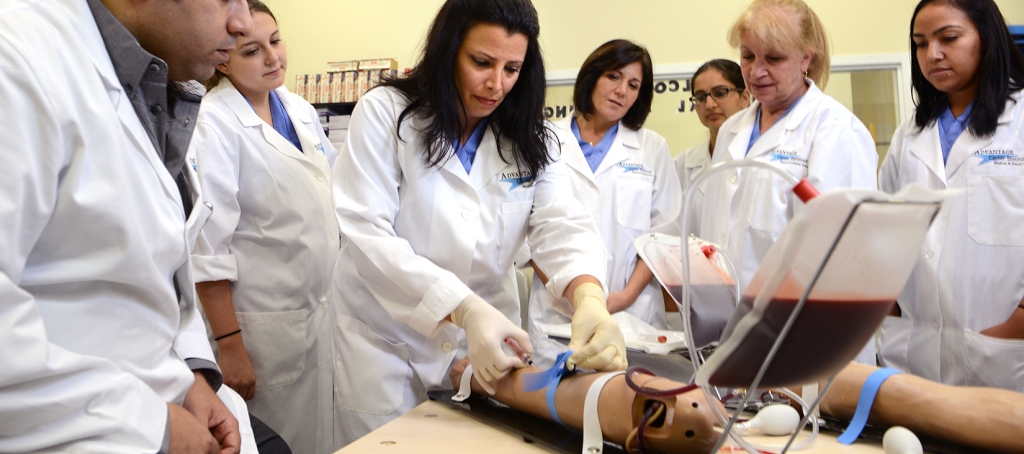**Title: Everything You Need to Know About Phlebotomy Licensure**
**Meta title: A comprehensive guide to phlebotomy licensure for aspiring phlebotomists**
**Meta description: Discover the importance of phlebotomy licensure, the process of obtaining it, and the benefits it offers to phlebotomists. Read on to learn more!**
**Introduction**
Phlebotomy is a critical aspect of the healthcare industry, involving the collection of blood samples for testing and analysis. To practice as a phlebotomist, one must obtain the necessary licensure to ensure they meet the competency standards required for the job. In this article, we will delve into the world of phlebotomy licensure, exploring its importance, the process of obtaining it, and the benefits it offers to phlebotomists.
**Why is Phlebotomy Licensure Important?**
Phlebotomy licensure is essential for several reasons:
1. **Quality Assurance**: Licensure ensures that phlebotomists have the necessary skills and knowledge to perform their job effectively and safely.
2. **Patient Safety**: Proper training and licensure help prevent errors in blood collection, ensuring accurate test results and patient safety.
3. **Professional Growth**: Licensure demonstrates a phlebotomist’s commitment to their profession and can open up opportunities for career advancement.
**The Process of Obtaining Phlebotomy Licensure**
The process of obtaining phlebotomy licensure may vary depending on the state or country in which you intend to practice. However, some common steps include:
1. **Education**: Complete a phlebotomy training program accredited by the National Accrediting Agency for Clinical Laboratory Sciences (NAACLS) or another recognized accrediting body.
2. **Clinical Experience**: Gain hands-on experience through a clinical internship or externship to develop practical skills in blood collection.
3. **Certification**: Obtain certification from a recognized organization, such as the American Society for Clinical Pathology (ASCP) or the National Healthcareer Association (NHA).
4. **State Licensure**: Apply for phlebotomy licensure through the appropriate state licensing board or agency.
**Benefits of Phlebotomy Licensure**
Obtaining phlebotomy licensure offers a range of benefits to phlebotomists, including:
1. **Job Opportunities**: Licensure can enhance job prospects and increase earning potential for phlebotomists.
2. **Professional Recognition**: Licensure demonstrates a phlebotomist’s expertise and dedication to their profession, earning respect from colleagues and employers.
3. **Legal Protection**: Licensure provides legal protection for phlebotomists, ensuring they are held to a certain standard of practice.
**Practical Tips for Obtaining Phlebotomy Licensure**
Here are some practical tips to help you navigate the process of obtaining phlebotomy licensure successfully:
1. **Research Requirements**: Familiarize yourself with the licensure requirements in your state or country to ensure you meet all criteria.
2. **Prepare for Certification Exam**: Study diligently for the phlebotomy certification exam to increase your chances of passing.
3. **Update Skills**: Stay current with industry trends and best practices in phlebotomy to enhance your skills and knowledge.
**Conclusion**
Phlebotomy licensure is a crucial step in the career path of aspiring phlebotomists, providing them with the necessary skills, knowledge, and recognition to excel in their profession. By understanding the importance of licensure, following the necessary steps, and staying proactive in skill development, phlebotomists can enhance their career prospects and make a positive impact in the healthcare industry. If you’re considering a career in phlebotomy, obtaining licensure is a key milestone on your journey to success.
